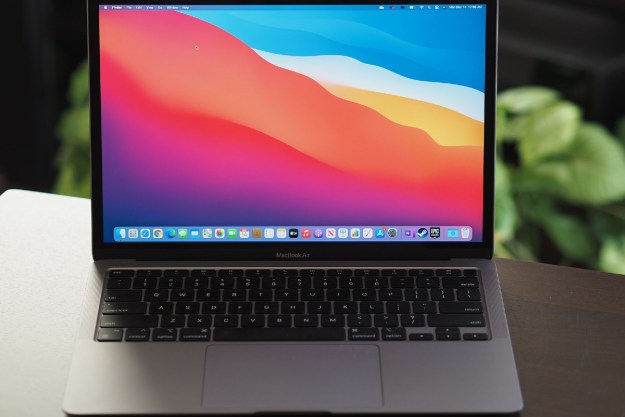
Storage vendor Seagate has announced a new lineup of FreeAgent external hard drives for Macs and Windows PCs, including the new FreeAgent Go, which the company claims is the slimmest external hard drive on the market today at just 12.5mm thick. The FreeAgent Go also offers capacities up to 500 GB and a docking option so users don’t have to deal with cables.
“The first FreeAgent storage solution offering introduced in 2007 unquestionably made a mark for Seagate in the consumer space, demonstrating that hard drives can be designed to provide a stylish complement to a computing environment,” said Seagate senior VP for consumer solutions Pat King, in a statement. “This second-generation of FreeAgent storage solutions takes the extra step of providing easy-to-use technology in a consumer-friendly package.”
The FreeAgent Go drives are available in both USB and FireWire flavors, with the latter featuring a FireWire 400/800 interface and compatibility with Mac OS X Leopard’s integrated Time Machine backup system. The USB FreeAgent Go drives will be available this month in capacities of 250, 320, and 500 GB for $199.99, $149.99, ad $239.99, respectively; he FireWire versions will be available in 250 and 320 GB capacities for $159.99 and $189.99. A $29.99 docking station and case will also be available for the USB version of the Go drives.
For desktop users, the FreeAgent line includes the Desk Drive and Xtreme Drive. The Desk Drives range from 500 GB to 1.5 TB and offer a USB 2.0 interface; the XTreme Drives offer the same capacities with an eSATA connection. The Desk drives start at $129.99 and ramp up to $279.99, while the XTreme Drives run from $159.99 to $299.99, both lines should be available in October.
For Windows, the drives ship with Seagate Manager software for scheduled backups and synchronization, along with AES 256bit encryption and password protection
Editors' Recommendations
- How to share an external hard drive between Mac and Windows
- The best free video editing software for 2022
- Save $47 on this 2TB Seagate External Hard Drive at Amazon for Black Friday


